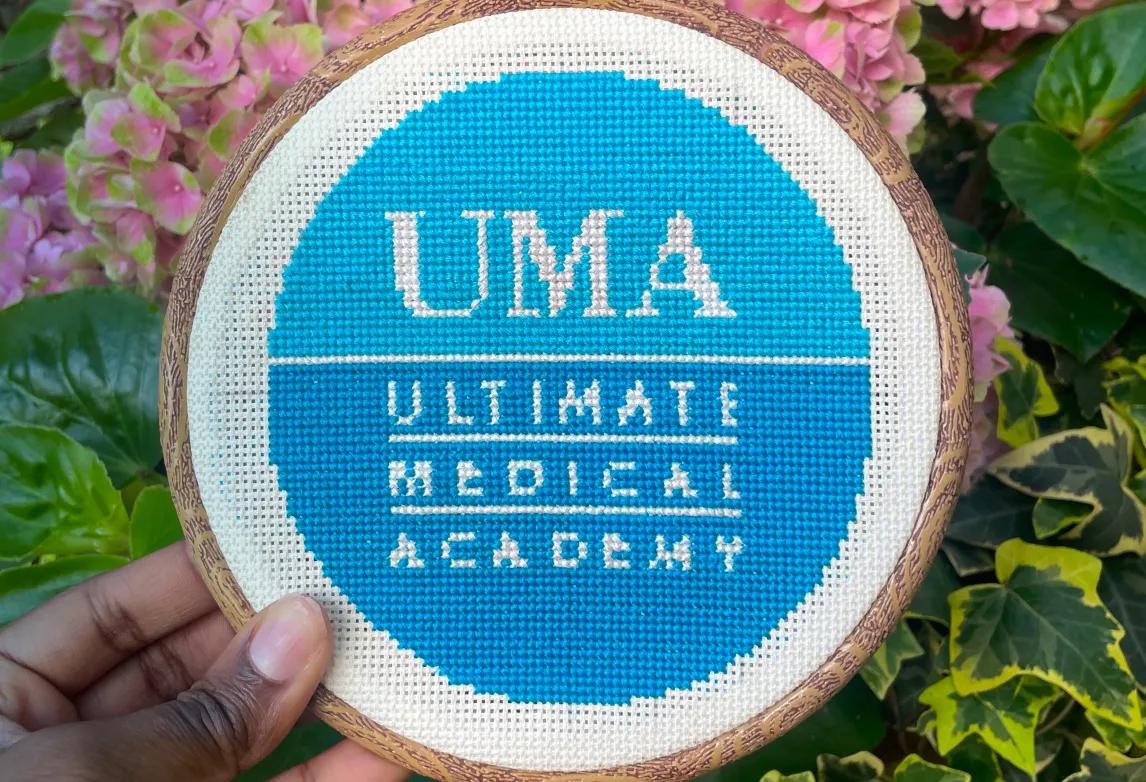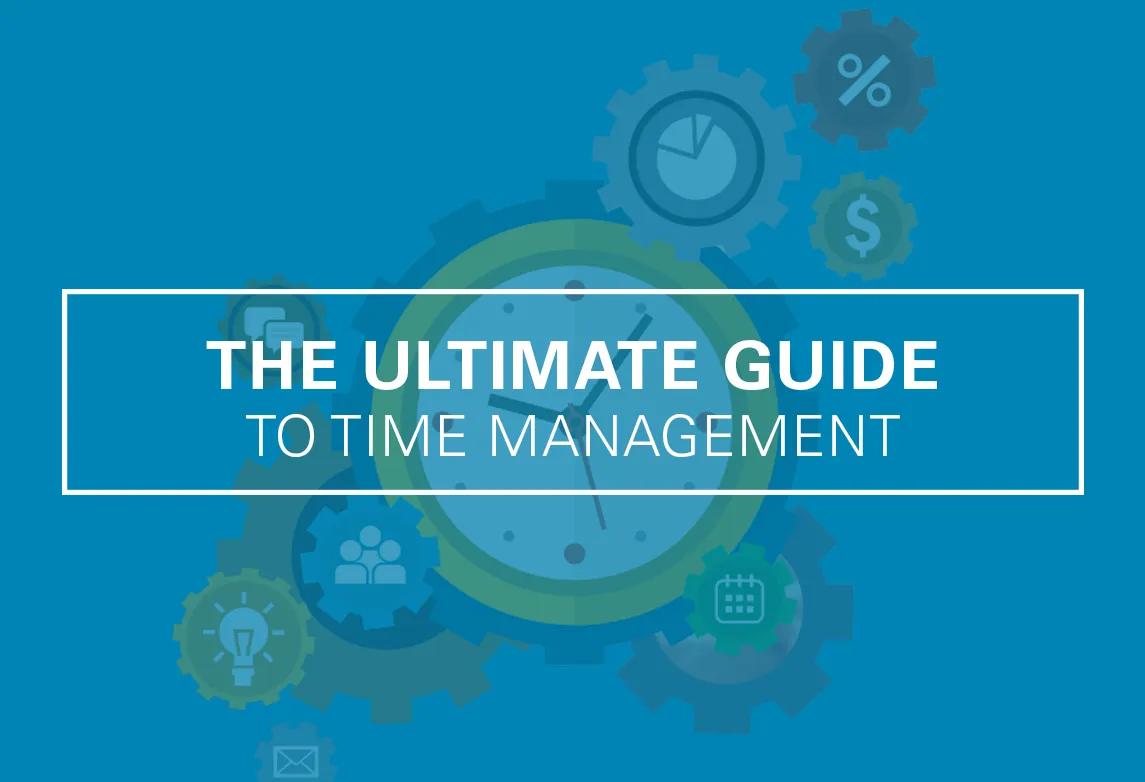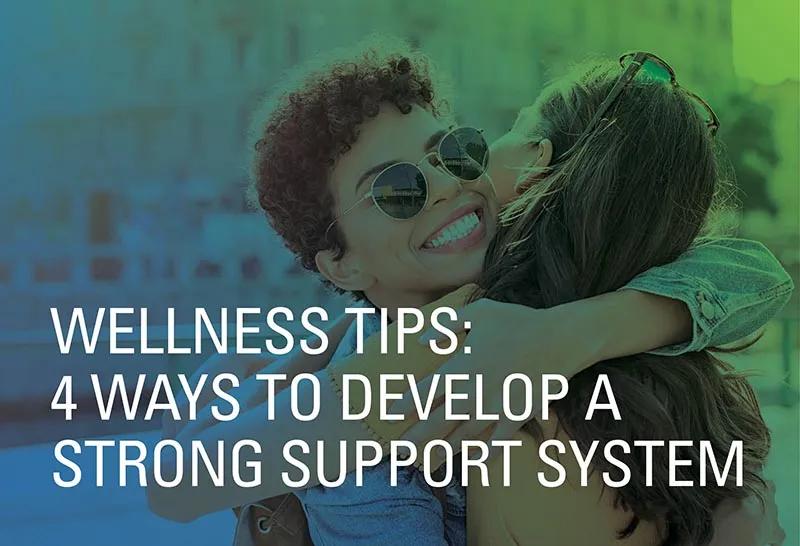Table of contents
Stress Management Tips for Adult Students

Table of Contents
As an adult student, balancing your academic studies, work, and personal life can be demanding. These demands can potentially lead to stress and anxiety. Taking care of your mental health is important for your success and overall well-being.
Everyone has different ways of nourishing their own mental well-being. Our guide offers some common strategies specific to learners like you.
Bonus: read to the end to get a UMA craft. This simple cross-stitch pattern is the perfect way to relax and embrace a new hobby.
Five Ways to Manage Stress as an Adult Learner
Just like your physical health, your mental health is a process — it’s not something you perfect overnight. The good news is that taking small steps today can yield positive results down the line.
What are some practical ways to take care of your mental health? Read below for six tips.
1. Rethink Your Nutrition
Maintaining a healthy diet is important for supporting your mental health. Research shows that a balanced diet rich in nutrients can enhance your mood, improve your focus, and reduce anxiety. Foods high in omega-3 fatty acids, antioxidants, and vitamins can play a significant role in brain health, helping you stay sharp during those long study sessions.
Drinking water is just as important for managing stress. Dehydration can lead to fatigue, decreased concentration, and irritability. Make it a habit to drink water throughout the day. You can also incorporate herbal teas or infused water for added flavor.
2. Get Active
Regular exercise has been shown to enhance cognitive function, improving memory and reducing anxiety. Engaging in physical activity releases endorphins — natural mood lifters that can help alleviate stress.
If you are a busy adult learner, exercise doesn’t have to be strenuous or time-consuming. Consider a short, 20-minute exercise you can fit in between study sessions. Take the stairs instead of the elevator, or engage in household activities such as chores, walking the dog, or gardening.
3. Connect with Loved Ones
The American Psychology Association says friendships and social connections are one of the most reliable predictors of a long and healthy life. Connecting with loved ones can also affect the way you react to stress, protecting you against mental health issues such as anxiety and depression.
As an adult learner, making time for friends and family can seem difficult. The good news is that even connecting with friends for a little amount of time can have a big impact. Send your loved ones a text reminding them how much you love them. Find simple ways to encourage short interactions.
4. Take Time for Your Hobbies
Studies show that having creative hobbies can help manage stress. Certain practices of self-expression help silence mind-rumination, which can often feed negative moods.
At UMA, we love taking time for our hobbies to practice self-expression and care for our mental health. Here are a few ways UMA team members take time out for their hobbies and how it makes their day a little better:
“When I take pictures, I can walk around in nature, explore new parts of my city, and really embrace my creative genius. For me, photography makes my day brighter because I can see the world in a new point of view.”
— Alexis G.
Social Media Specialist
“Crocheting is a slow but worthwhile process. It helps me clear my brain so I can focus on the task at hand. Plus, when I’m done, I have adorable gifts to give to my friends all around the world, which is a great bonus!”
— Piper M.
Copywriter
Many crafters cross-stitch as a simple and relatively inexpensive way to manage stress. If you are looking to embrace a new hobby, consider giving it a try!
You’re likely to find everything you need at your local craft store.
You will need:
- Cross-stitch fabric (This fabric comes in multiple colors and can even be water-soluble for stitching into towels, blankets, or anything else.)
- Embroidery floss (DMC and Anchor are popular brands.)
- Embroidery needle
- Scissors
- Embroidery hoop (optional)
To help you get started, we’ve got a project to share with you. Show off your Puma pride with this cross-stitching pattern.
Brand new to cross-stitching? This video is the perfect beginner’s guide to get you started.
5. Take Advantage of Resources
Many educational institutions, including Ultimate Medical Academy, offer counseling services designed specifically for students. These services provide a safe space to discuss personal challenges and develop coping strategies, giving you the emotional support you need during your studies.
Connect with fellow students who share similar academic pressures to foster a sense of community and belonging. Take advantage of workshops and seminars focused on mental health. By actively engaging with these resources, you can cultivate a healthier mindset, helping to make your educational journey more enjoyable Need additional resources? UMA students can reach out to Learner Services. These advisors have tools to help support your well-being. Call UMA Learner Services at 888-216-0544 for online students or 727-674-2609 for in-person, Clearwater students.
Request Information
Talk with us. Start your journey.
Complete this form and we'll call you to explore options at UMA and answer your questions. We'll also email you info on how to get started. We're with you at every step!
Request Information
Talk with us. Start your journey.
Complete this form and we'll call you to explore options at UMA and answer your questions. We'll also email you info on how to get started. We're with you at every step!
About the Author
 Epiphany Hunter
Epiphany HunterEpiphany Hunter is a Copywriter and SEO Specialist at Ultimate Medical Academy. Her journalism experience centralizes on long-form narrative nonfiction, covering industries including medical devices, health and wellness, and healthcare education. She received her BA in English in 2018 and her MA in Writing and Digital Communications in 2019.
Related Content


